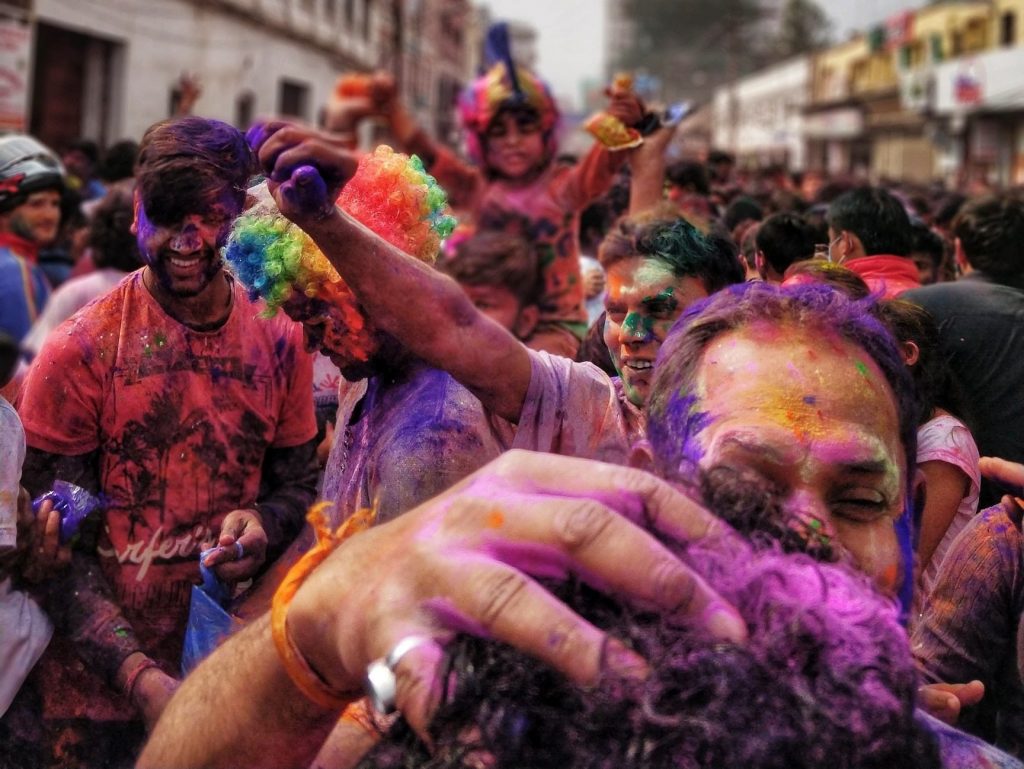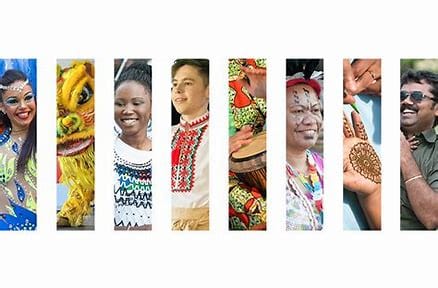Each one of us is unique.
This uniqueness is born of a multitude of factors, such as our place of birth and upbringing, the schools we attend, the friends we had, the religious affinity of our families, the experiences we endured in our lives, the places we travelled to, our genetic make-up, the values we imbibed in our society and the media we were exposed to (especially the movies we watched while growing up!).
The choice of drug is also largely determined by our backgrounds – the geography, social and family dynamics. For instance, in societies which are largely Christian, wine is an acceptable thing, even given divine sanction in church. On the other hand, alcohol is taboo in Islamic countries. Therefore, instances of drug addiction are more prevalent in Muslim societies than alcohol addiction. It is also a matter of availability. Access to alcohol is easy and widespread in Europe and Western countries but almost prohibited in Middle-East.
There is the fact of genetic predisposition. Children or relatives of alcoholics or addicts have a greater chance of developing substance abuse. Just like mental illness, diabetes or heart disease.
Some societies offer less opportunity to explore options and fulfil aspirations. This is true even in subcultures; some strata of society have a greater chance of financial, educational or occupational success, while others are repressed by their cultural environment. This creates frustration and is a breeding ground for addictions.

Culture and Addiction Treatment
Addiction treatment has to be sensitive to the vast gamut of cultural factors in order to be effective. The therapist has to appreciate the cultural background of each client, including the social and familial dynamics involved. One-size-fits-all treatment does not have a positive outcome. A treatment plan has to be individualised so that the client is able to feel accepted, understood and consequently cooperates with the recovery process.
A little research regarding the client’s background can have a significant impact on the treatment outcome: understanding the social and belief systems and the life experiences so that there is a better appreciation of ‘where he or she is coming from’. If possible, talking to family members is also of great value.
This knowledge also helps in denial management of the case. Since the addict may tend to minimise or manipulate his own history in order to shield his ‘image’ or the damages caused by his or her addictive behaviour. This information will be of help to the therapist in confronting the individual with truth so that the client is able to eventually face, and accept, the reality of his or her condition.
We need to be aware of one more cultural factor in addiction treatment: the cultural background of the therapist. Just like the client, the therapist too is born of his or her life experiences. The therapist needs to be careful in not imposing his or her cultural biases or opinions onto the therapy process. To give an example: a therapist in the USA will perhaps find it strange that a 35 years old individual continues to live with parents, but it is perfectly ‘normal’ in an Asian country. Just like an ‘arranged’ marriage may be considered normal in many Asian societies, but certainly not in Western society! “Normal” is a relative term and its nuances need to be considered in the therapy process.
Choosing a Treatment for Your Loved One
While choosing a recovery agency for your loved one, ensure that it not only has significant experience in addiction treatment but has a cross-cultural approach so that the treatment plan is individualised to suit the personality and background of the person requiring treatment.
Addictions UK, the leading home-based treatment agency in the UK provides safe, effective and confidential treatment for addictions. It has nearly 20 years’ experience, dealing with individuals with a varying background. Moreover, it is an active collaboration with India’s leading rehab – Hope Trust – which offers addiction treatment for clients from all over India and overseas. Both agencies are well-versed with the nuances of cultural factors which are important considerations while providing effective support for addiction recovery.
If you wish to speak confidentially to a qualified counsellor, call today on 0800 140 4044 or send us a message online.



